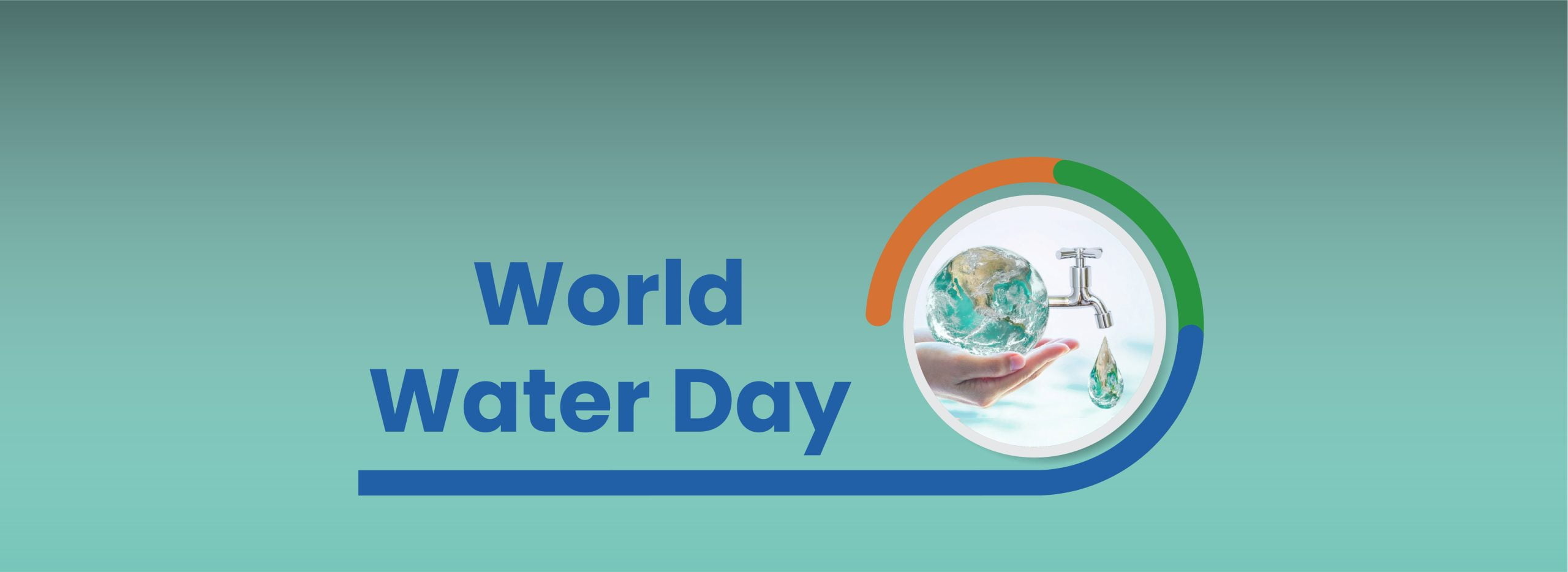 Food waste has a significant impact on water resources, primarily through the wastage of the water used to produce the food that is eventually wasted. Agriculture is one of the biggest water-consuming sectors globally, with estimates suggesting that up to 70% of all freshwater withdrawals go towards agriculture.
Food waste has a significant impact on water resources, primarily through the wastage of the water used to produce the food that is eventually wasted. Agriculture is one of the biggest water-consuming sectors globally, with estimates suggesting that up to 70% of all freshwater withdrawals go towards agriculture.
When food is wasted, it means that all the water that was used to grow and produce that food is wasted as well. This includes both the water that is directly used for irrigation and the water that is used indirectly through the production of fertilizers and pesticides. The production of these agricultural inputs requires significant amounts of water, which is often sourced from rivers, lakes, and underground aquifers.
Food waste also has indirect impacts on water resources. When food waste is disposed off in landfills, it decomposes and produces methane gas, which is a potent greenhouse gas that contributes to climate change. Climate change increases the frequency and severity of droughts and floods, which will further impact water resources.
Moreover, the disposal of food waste in landfills also leads to the leaching of pollutants and chemicals into the groundwater, which can contaminate drinking water sources and harm aquatic ecosystems.
In conclusion, food waste has a significant impact on water resources, from the wastage of water used for agricultural production to the indirect impacts on groundwater and the broader ecosystem. Addressing food waste is, therefore, crucial in ensuring the sustainable use of water resources for future generations.